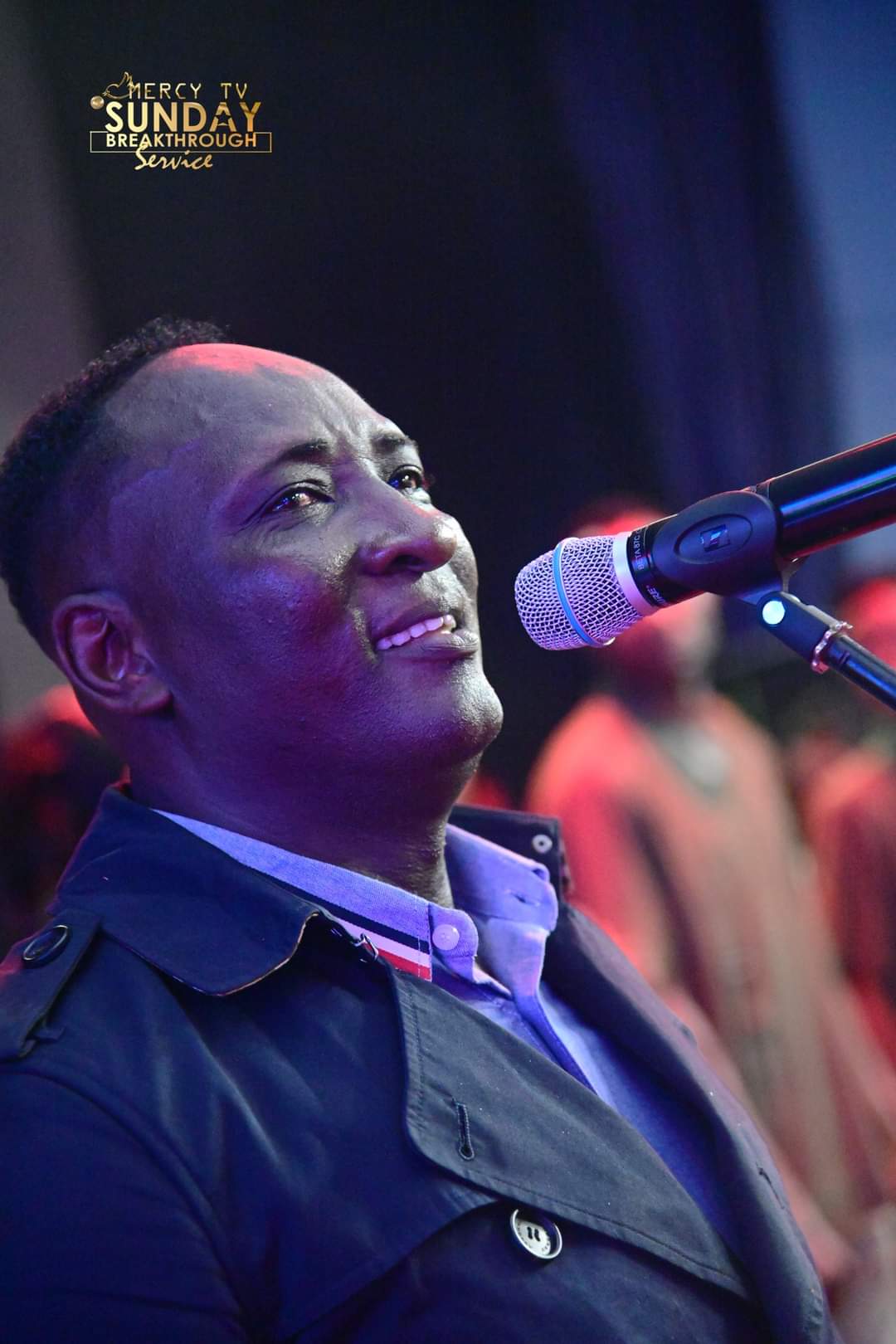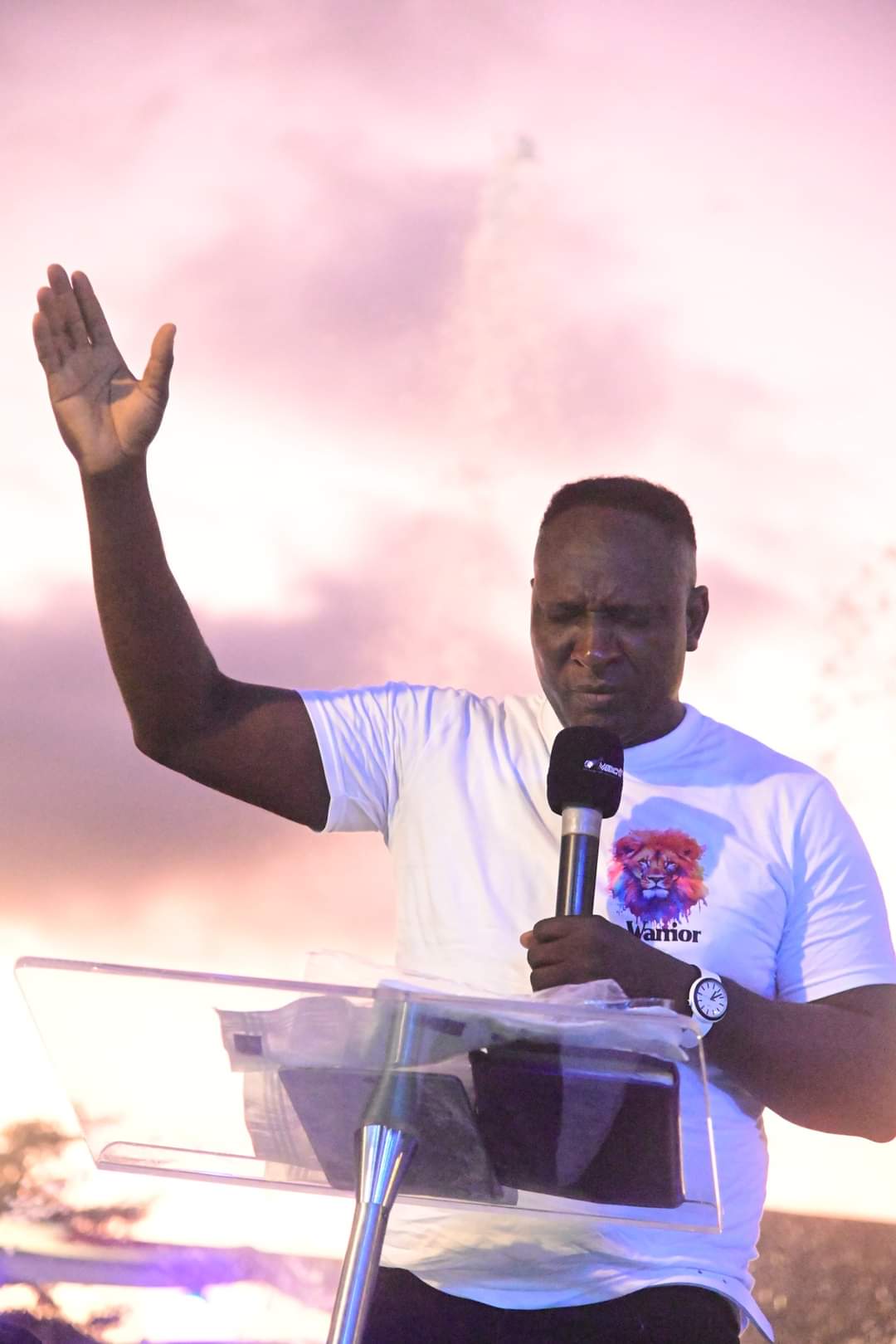Select a category
Advertisement

A 33-year-old Nigerian man, Babatunde Francis Ayeni, has been sentenced to 10 years in a U.S. federal prison for his involvement in a large-scale cyber fraud conspiracy.
The scheme, which targeted over 400 individuals across the United States, resulted in a collective loss of nearly $20 million.
The U.S. Attorney’s office in a statement said court documents and testimony revealed the convict was involved in a sophisticated business e-mail compromise scheme targeting real estate transactions in the United States.
Ayeni, who was based in the UK at the time of his arrest, pleaded guilty to conspiracy to commit wire fraud in April, 2024.
According to the statement, “The conspiracy was carried out by individuals operating out of Nigeria and the United Arab Emirates
To carry out this scheme, conspirators sent phishing e-mails containing attachments and links embedded with malicious code to title companies, real estate agents, and real estate attorneys across the United States.
If an employee at a targeted real estate business clicked on the malicious link or attachment, they were prompted to enter their e-mail account login information. [SWIPE]
#Instablog9jaNews #TrendingStory #Awareness #StayUpdated



Advertisement

23-year-old Godwin Emmanuel has confessed to st3aling a police officer’s phone from a patrol van while being transported to the Osun State Police Command.
He was arrested alongside two others, 28-year-old Olajide Kareem and 33-year-old Mike Emmanuel, for allegedly r%bbing residents along the Ilesa-Osu Expressway in Osun State.
Speaking with newsmen on Friday, November 15, the suspect said: “I was arrested for armed robbery. When I was being transported to the Police Command in Osogbo, inside the police patrol van that I was conveyed, I st%le a phone. I don’t know that it is a police phone. I beg, make una no vex.
I told the police not to be angry with me. I don’t know when I did that. I took the phone into the police cell without them knowing. I removed the SIM card, I want to use the phone to call my people because they don’t know I have been arrested for armed robbery.
I have been here for about 2 months. They later came to search me in the cell where I was and discovered the phone on me. Please tell them to forgive me. I won’t do it again.”
#Instablog9jaNews #TrendingStory #Awareness #StayUpdated

Nigeria’s inflation rate climbed for the second straight month in October, hitting 33.88%—an increase from 32.70% recorded in September 2024.
This is according to the National Bureau of Statistics (NBS) Consumer Price Index (CPI) report released on Friday, November 15, in Abuja.
The data bureau said the headline inflation rate in October rose by “1.18% points when compared to the September 2024 headline inflation rate.
On a year-on-year basis, the Headline inflation rate was 6.55% points higher than the rate recorded in October 2023 (27.33%).
This shows that the Headline inflation rate (year-on-year basis) increased in October 2024 when compared to the same month in the preceding year (i.e., October 2023).
Furthermore, on a month-on-month basis, the headline inflation rate in October 2024 was 2.64%, which was 0.12% higher than the rate recorded in September 2024 (2.52%).
This means that in October 2024, the rate of increase in the average price level was higher than the rate of increase in the average price level in September 2024.”
The NBS also said the food inflation rate in October surged to 39.16 percent, compared to 33.77 percent in September.
On a year-on-year basis, the food inflation rate was 7.64 percent higher compared to the rate recorded in October 2023 (31.52 percent).
“The rise in food inflation on a year-on-year basis was caused by increases in prices of the following items: guinea corn, rice, maize grains, etc (Bread and Cereals Class), Yam, Water Yam, Coco Yam, etc (Potatoes, Yam & Other Tubers Class), Palm Oil, Vegetable Oil, etc (Oil and Fats Class) and Milo Lipton, Bourvita, etc (Coffee, Tea & Cocoa Class),” the bureau added.
#Instablog9jaNews #TrendingStory #Awareness #StayUpdated

Silvan Wallner, a 22-year-old Swiss midfielder, has announced his retirement from professional football, stating that his decision is driven by his wish to follow Jesus Christ.
The defender, who started his career in 2020 with FC Zurich, has accumulated over 100 appearances, playing for two other clubs, Wil and BW Linz, where he signed a two-year contract in September.
Wallner in a statement released by Blau-Weiß Linz, said: “I’m a devout Christian, and I read the Bible. I make my own decisions about my life.
I wish to follow Jesus Christ, and the biblical day of rest has become important to me. This means that I no longer want to play professionally on Saturdays.
This is my personal conviction, I’m not yet a member of any church. I say a big thank you to people who have accompanied and supported me in my sporting career.”
#Instablog9jaNews #TrendingStory #Awareness #StayUpdated
Advertisement


Concussion is one of the most common injuries to the brain, affecting about two million children and teens every year. It is a particular kind of injury that happens when a blow to the head or somewhere else on the body makes the brain move back and forth within the skull.
It's possible to get a concussion after what might seem like a minor injury, like a forceful push from behind, or a collision between two players in a football or soccer game.
What are the signs and symptoms of concussion?
Because the injury may not seem that significant from the outside, it's important to know the symptoms of a concussion. There are many different possible symptoms, including
Some of these are visible to others and some are felt by the person with the concussion. That's why it's important to know the signs and to ask all the right questions of a child who has had an injury.
Sometimes the symptoms might not be apparent right away, but show up in the days following the injury. The CDC's Heads Up website has lots of great information about how to recognize a concussion.
How can further harm to the brain be avoided?
The main reason it's important to recognize a possible concussion early is that the worst thing you can do after getting a concussion is get another one. The brain is vulnerable after a concussion; if it is injured again, the symptoms can be longer lasting — or even permanent, as in cases of chronic traumatic encephalopathy (CTE), a condition that has been seen in football players and others who have repeated head injuries.
If there is a chance that a child has had a concussion during a sports competition, they must stop playing — and get medical attention. It's important to get medical attention any time there is concern about a possible concussion, both to be sure there isn't a more serious brain injury, and to do a good assessment of the symptoms, so that they can be monitored over time. There are some screening questionnaires that are used by doctors that can be used again in the days and weeks after the concussion to see how the child is improving.
What helps children recover after a concussion?
Experts have struggled with figuring out how to protect the brain after a concussion. For a long time, the recommendation was to rest and do very little at all. This meant not doing any exercise, not going to school, not even reading or watching television. As symptoms improved, the restrictions were lifted gradually.
Over time, though, research showed that not only was this much rest not necessary, it was counterproductive. It turns out that getting kids back into their daily lives, and back into being active, is safe and leads to quicker recovery. Experts still recommend rest and then moving gradually back into activities, but the guidelines are no longer as strict as they once were.
One important note: A medical professional should guide decisions to move from rest to light activity, and then gradually from there to moderate and then regular activities based on how the child is doing. This step-by-step process may extend for days, weeks, or longer, depending on what the child needs. Parents, coaches, and schools can help support a child or teen as they return to school and return to activities and sports.
Some children will be able to get back into regular activities quickly. But for others it can take weeks or even months. Schools and sports trainers should work with children to support them in their recovery. Some children develop post-concussive syndromes with headache, fatigue, and other symptoms. This is rare but can be very disabling.
How can parents help prevent concussions?
It's not always possible to prevent concussions, but there are things that parents can do:
Source: Harvard Health Publishing

 Instablog9ja
Instablog9ja Gistlegit
Gistlegit Healthwatch
Healthwatch